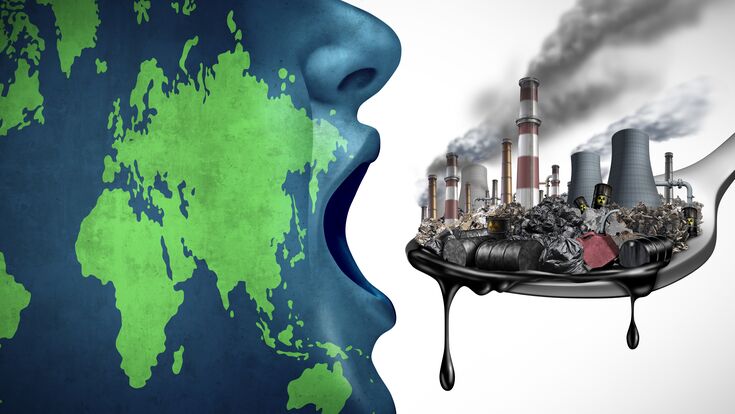Sustainability : Turning Tables on the Planetary Triple Crisis – What is the Role for the Waste Sector ?

For the time being it’s not yet confirmed that another planet can sustain life. However, it seems that some humans have not realized that fact yet.
Considering the expected population growth - around 8.5 billion people in 2030 and 9.7 billion in 2050 - the equivalent of almost three planets could be required to provide the natural resources needed to sustain current lifestyles. According to the Global Footprint Network we are consuming natural resources faster than the planet can replenish. Current levels show that we need 1.75 planets Earth to fulfill our needs every year.
Due to such a “way of life”, we are now facing a triple planetary crisis: increased pollution, biodiversity loss, and global warming, which are affecting not only the environment but also the health and living conditions of millions of people worldwide, mainly the most vulnerable ones. If nothing is changed until 2030, we’ll definitely be compromising the current structures.
Five key actions to mitigate effects of triple crisis
Adequate waste management can play a substantial role in mitigating the critical effects of the triple crisis. Waste can be an asset and a resource used by several other sectors and the waste sector is not part of the problem, but the solution to it. And this should be based on 5 Key Actions:
- Get rid of all dumpsites and stop open burning
- Improve source separation and recycling initiatives stimulating global recycling markets for secondary raw materials toward full circularity
- Provide access to feasible and consistent technologies directed to recover most of the wastes as energy, fuel, fertilizers, and other usages
- Maximize initiatives to tackle GHG emissions, helping to structure the new market for carbon and methane credits
- Increase adequate financing to fund the transition and sustain all adequate operations and ensure robust governance systems are in place
The right for a healthy and clean environment has been recently approved as a basic human right by the United Nations General Assembly. It will be only possible to achieve a clean and healthy environment through adequate waste management practices. Thus, sound waste management is a universal right and an essential pillar to beating pollution, mitigating greenhouse gas emissions, and preventing biodiversity loss. It’s in our hands to make it happen, towards a just and long-term prosperity and the only chance to keep our living conditions.

